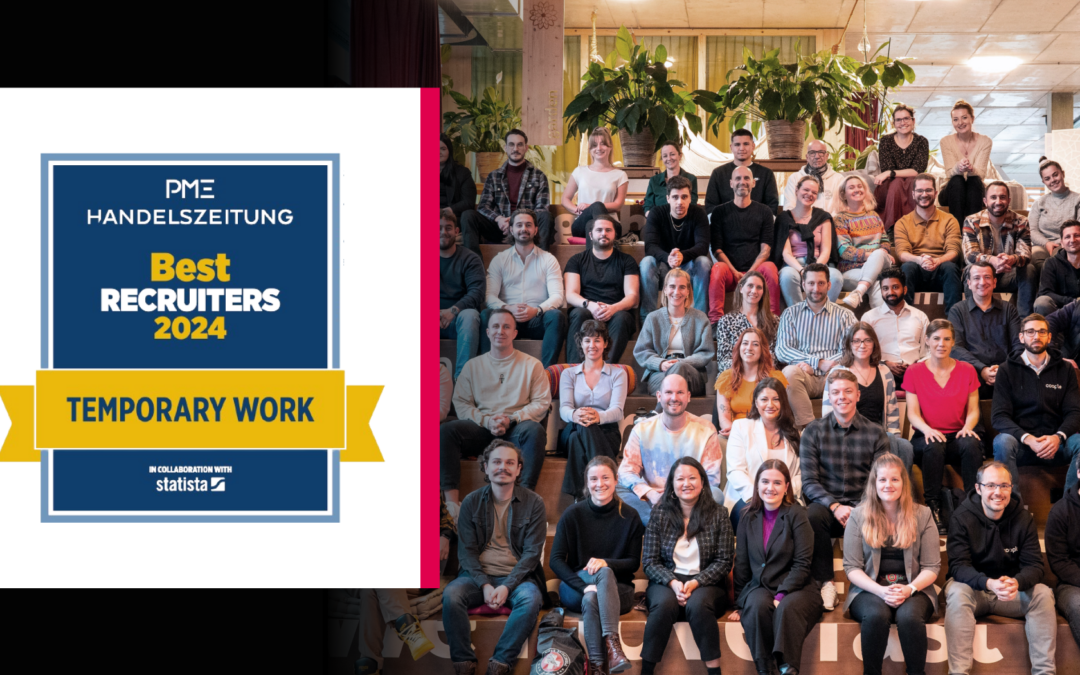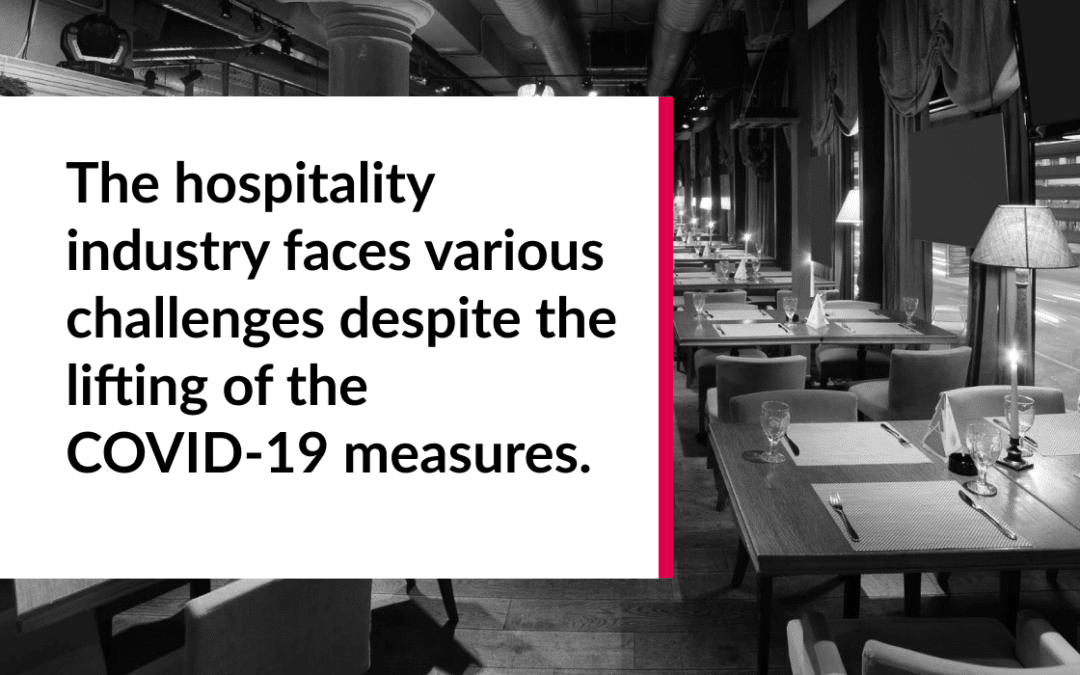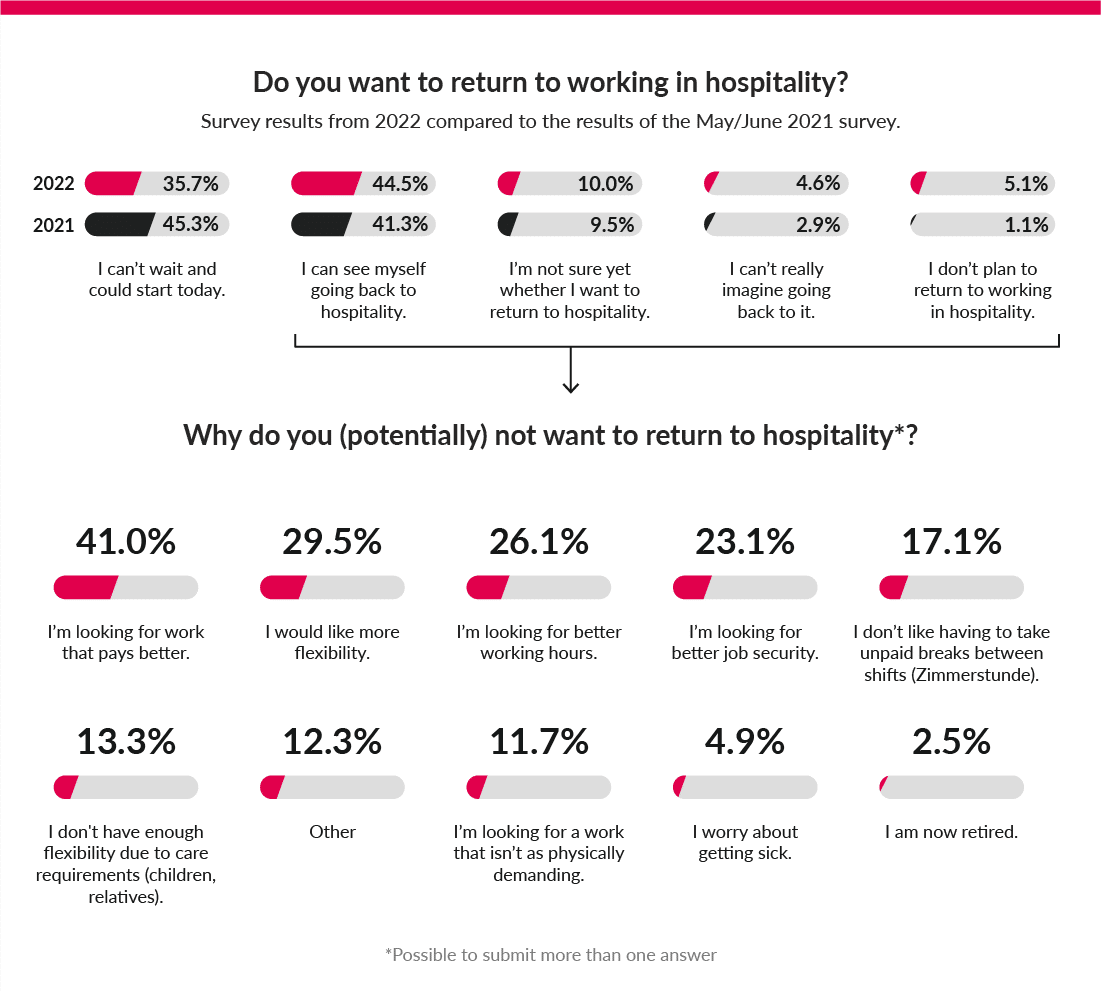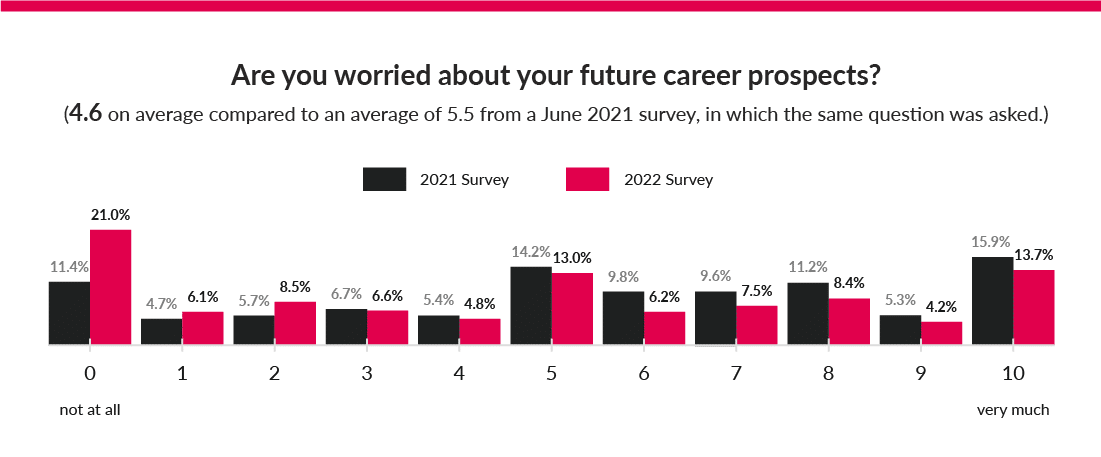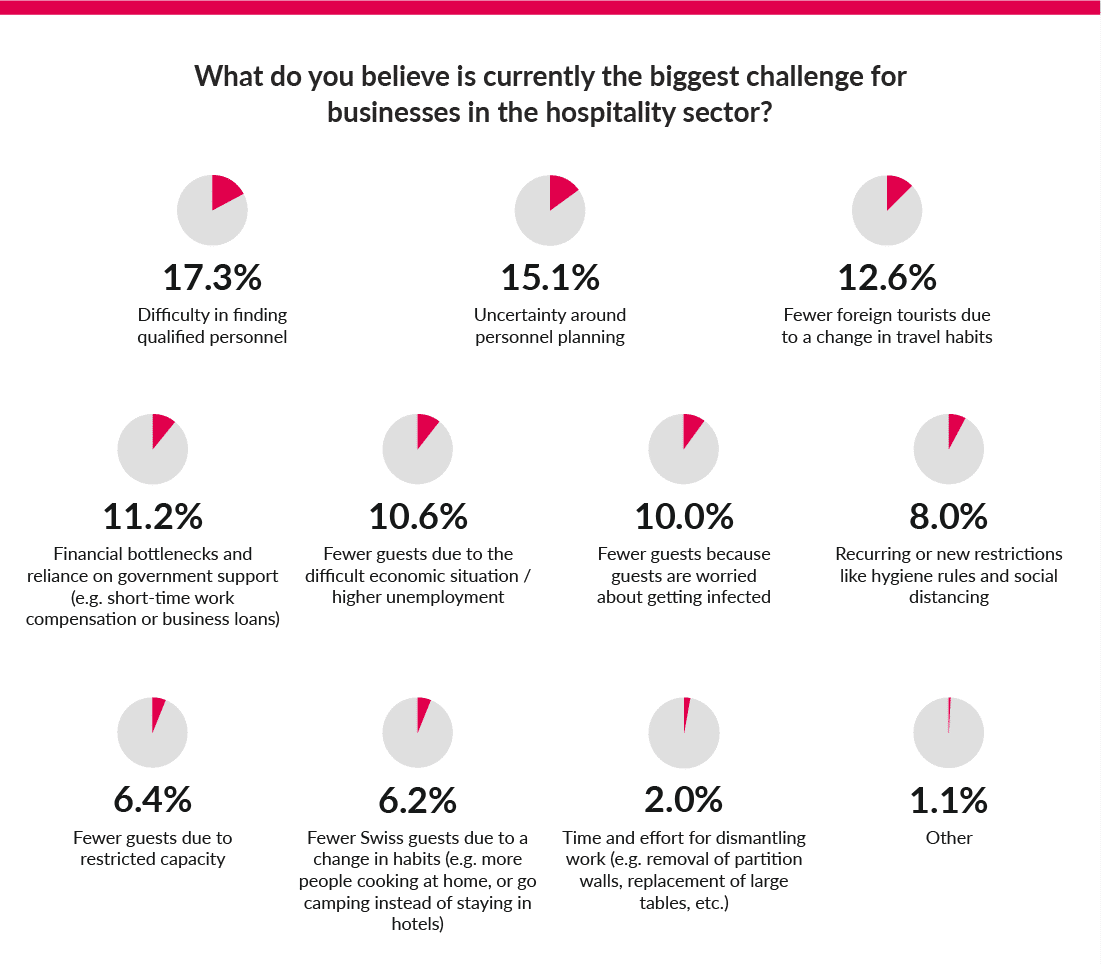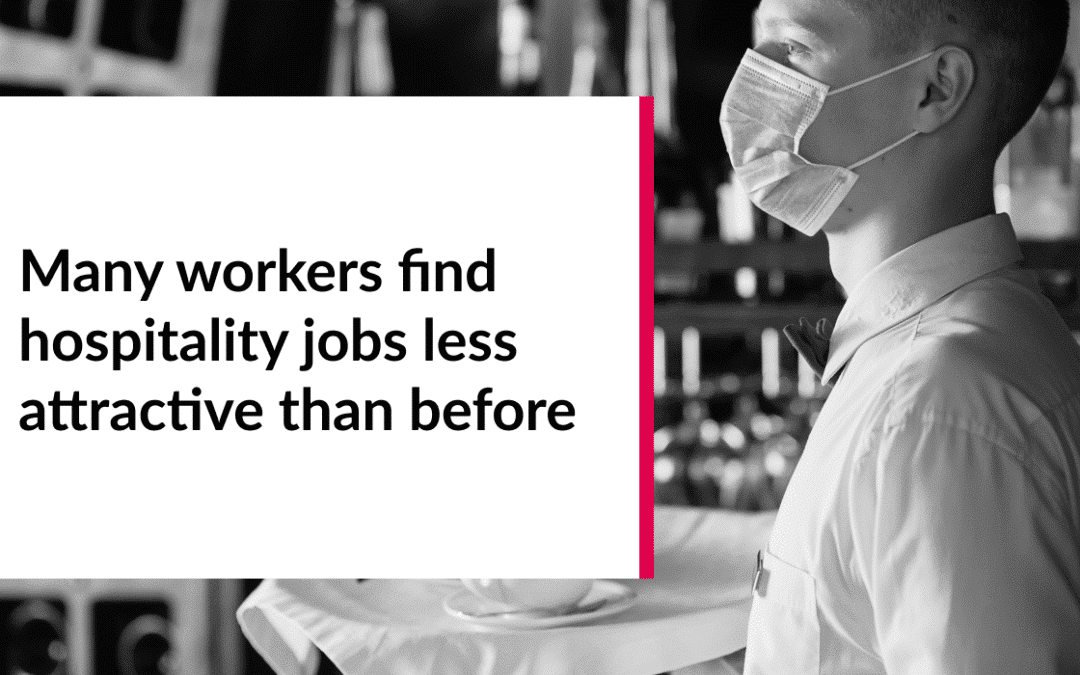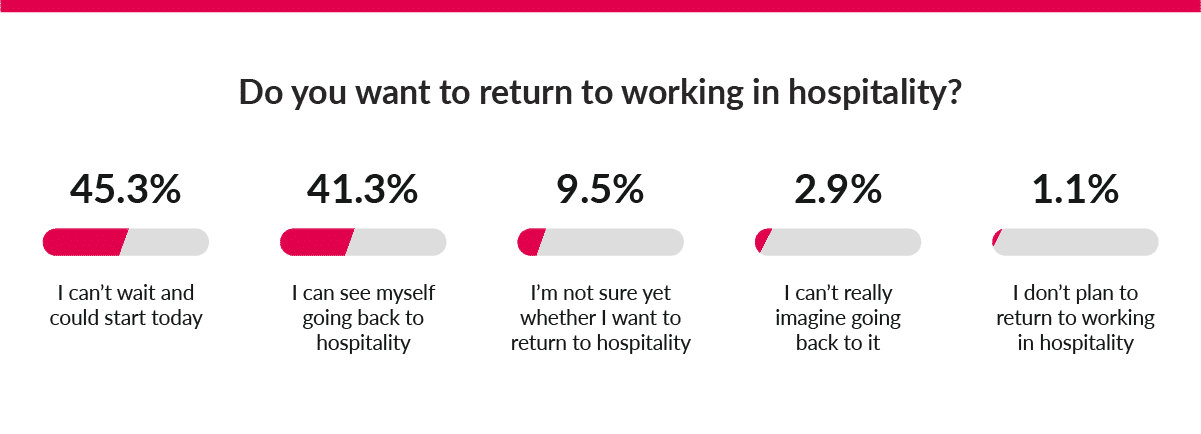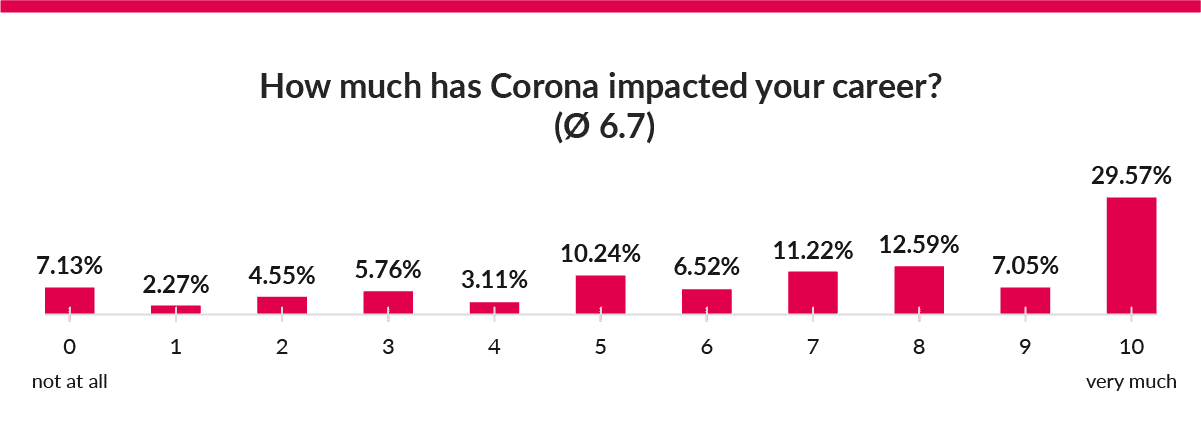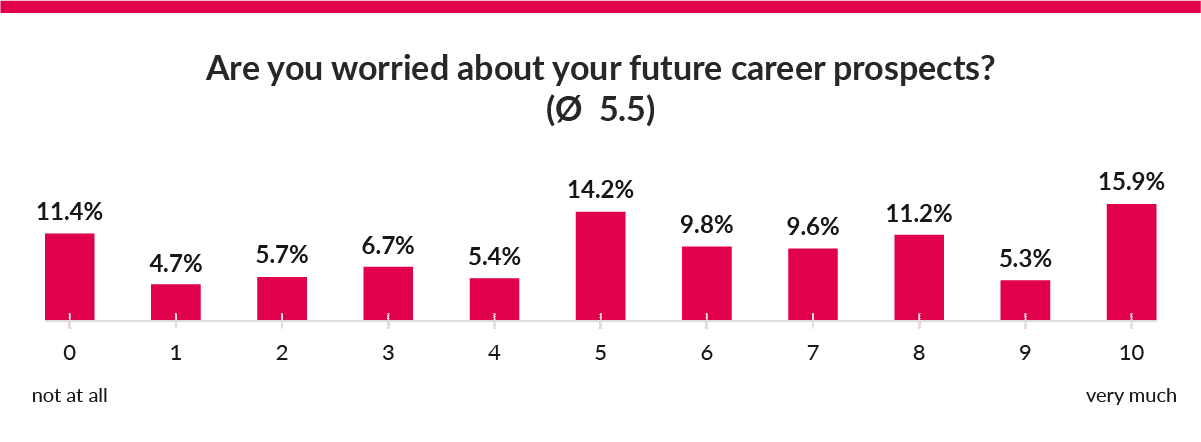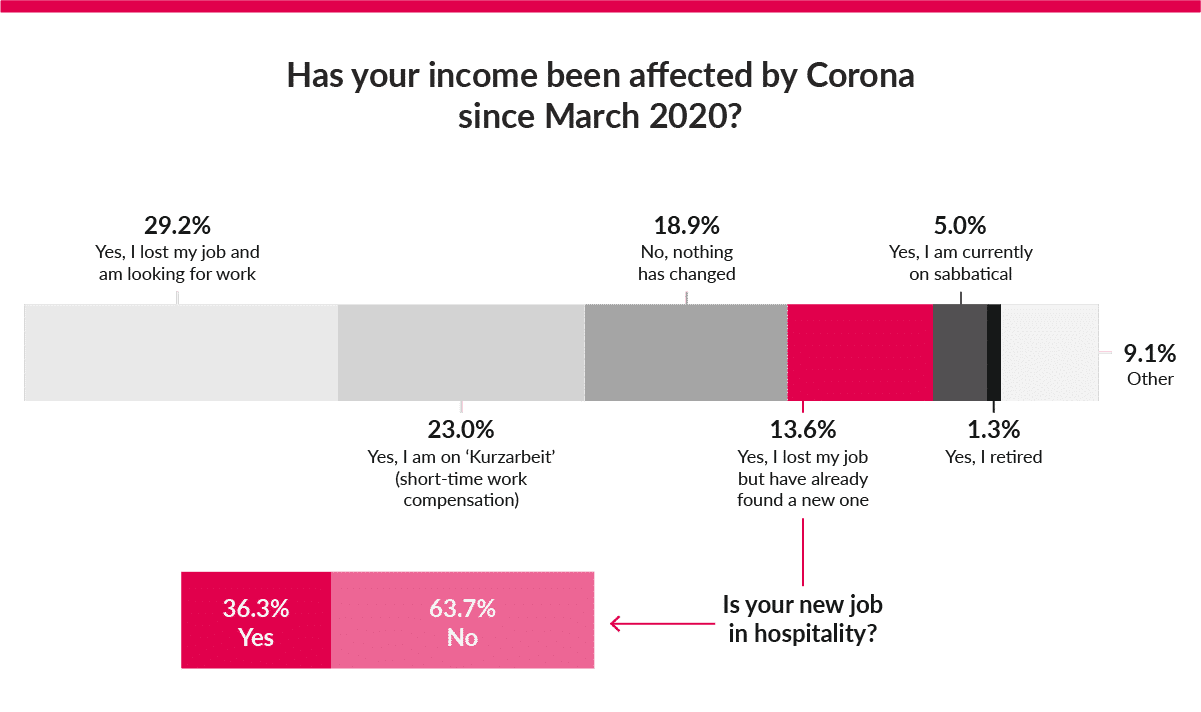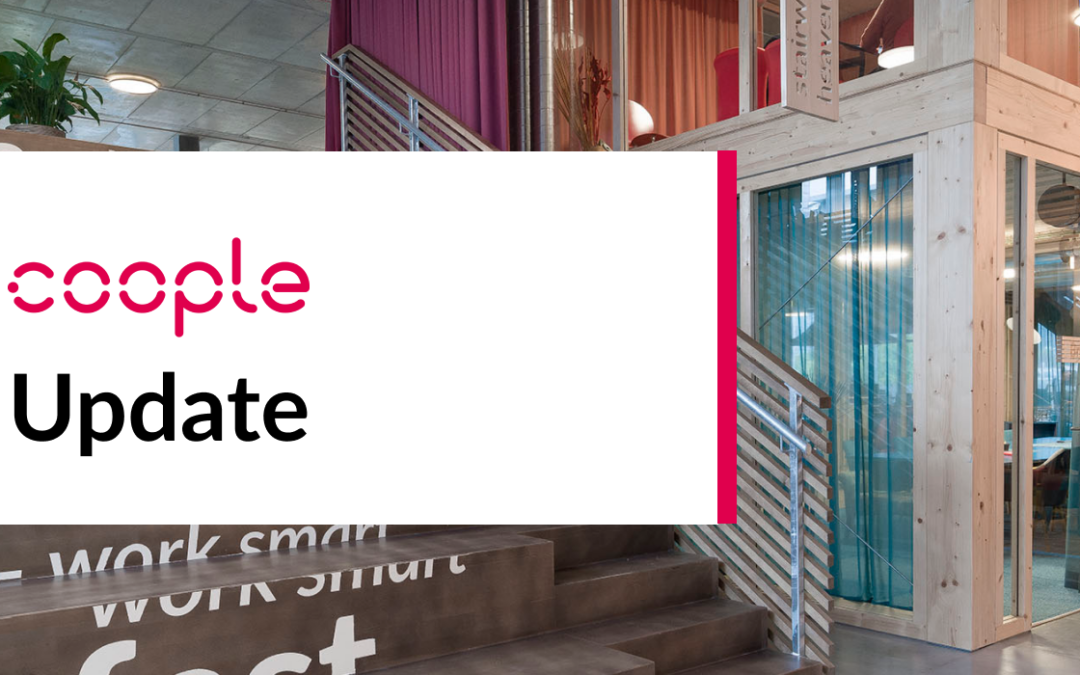
Rinaldo Olivari to Leave Coople
Rinaldo Olivari to Leave Coople
Zürich, 06.02.2024 – Coople, Europe’s leading digital staffing platform, today announced that Chief Executive Officer Rinaldo Olivari will be leaving Coople. This decision comes as a result of personal commitments requiring Mr. Olivari’s immediate attention and a need to prioritize family matters. Mr. Olivari has served as CEO for the past five and a half years, guiding the company through a period of remarkable growth and innovation.
In a message to the Coople team, Mr. Olivari shared his reasons: “I have dedicated significant time in 2023 to support close family members facing serious health issues. Considering the road ahead into 2024, it became apparent that the journey towards improved circumstances might take longer than anticipated, leading to the difficult decision to step down from my role.”
Commenting on the resignation, David Klein, Chairman of Coople’s Board, said: “During Mr. Olivari’s tenure as CEO, Coople has achieved substantial growth in users, revenues, and gross profit. The company has successfully implemented industry-leading innovation and automation, achieving its strategic objective of ‘Scaling Self Service Staffing Successfully’. While we are sad to see Mr. Olivari go, Coople is in a stronger position than ever with a solid financial, strategic and commercial foundation, and a strong leadership team to continue on its growth path”.
Coople has initiated a search for a new CEO. Mr. Olivari will remain in his position in the interim and is working closely with the Board and the Executive Management Team to ensure a smooth transition.
For media inquiries or further information, please contact Annette Burgard.
Media contact:
Annette Burgard
Chief Marketing Officer
Coople Holding AG, Albisriederstrasse 253, 8047 Zürich
annette.burgard@coople.com or media.ch@coople.com / media.uk@coople.com
About Coople:
Founded in Switzerland in 2009, Coople is one of Europe’s largest digital staffing platforms with more than one million registered flexible workers and 30,000 registered companies. Coople matches flexible workers to short- and long-term assignments in various roles in the healthcare, catering, hotel, retail, aviation, logistics, events and promotion and commercial sectors.

